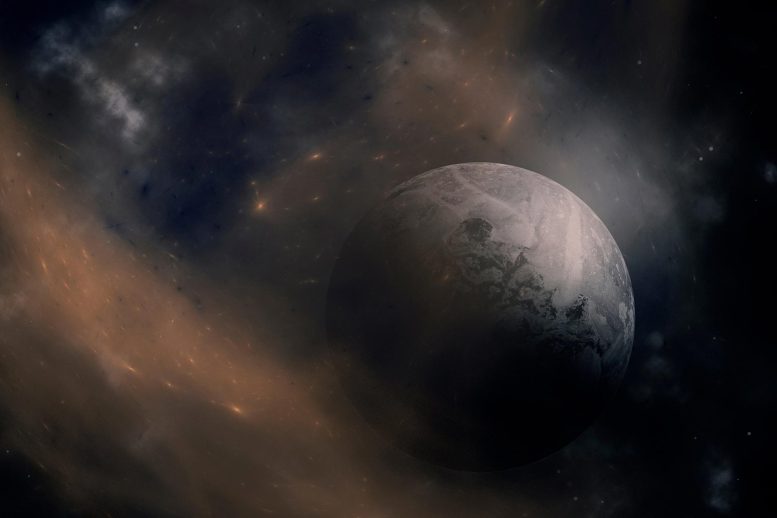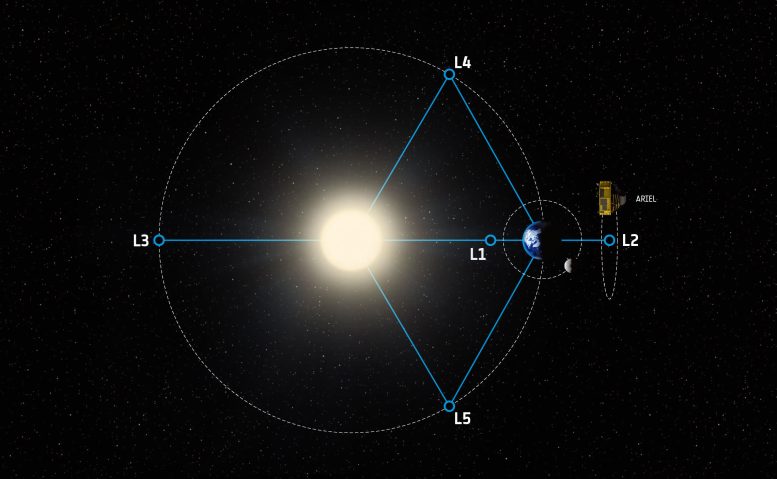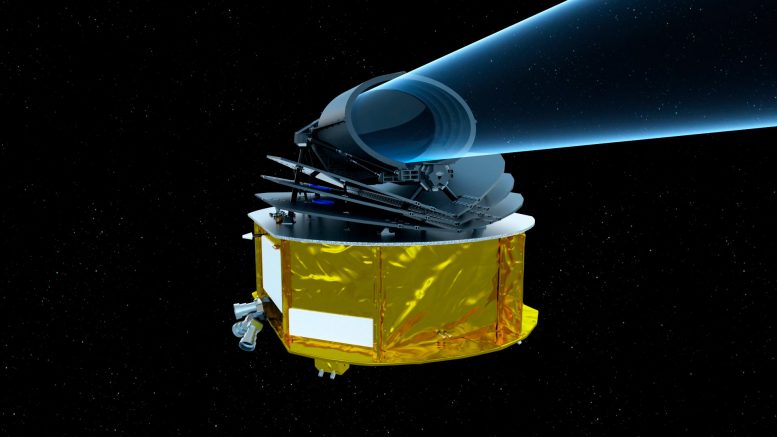
Do you have experience with AI? If so, you could help scientists learn more about exoplanets
Experts in artificial intelligence (AI) have been challenged to support a new space mission to investigate Earth’s place in the universe.
The Ariel Data Challenge 2022, which started on June 30, is asking professionals with expertise in artificial intelligence and machine learning to help astronomers understand exoplanets or planets outside of our solar system.
Dr. Ingo Waldmann, Associate Professor in Astrophysics, UCL (University College London) and Ariel Data Challenge lead said:
“AI has revolutionized many fields of science and industry in the past years. The field of exoplanets has fully arrived in the era of big data and cutting-edge AI is needed to break some of our biggest bottlenecks holding us back.”

Understanding our place in the universe
Astronomers could only see the planets in our solar system for many years, but in recent years, thanks to space telescopes, scientists have found more than 5000 planets orbiting other stars in our galaxy.
By studying the atmospheres of almost one-fifth of the known exoplanets, the Ariel telescope of the European Space Agency will complete one of the biggest surveys made of these worlds.
The Ariel mission scientists are requesting the community of artificial intelligence and machine learning to assist in the interpretation of the data due to the enormous number of planets in this survey and the anticipated complexity of the observations.
Ariel Data Challenge
Ariel will study the light from each exoplanet’s host star after it has traveled through the planet’s atmosphere in what is known as a spectrum. The information from these spectra can help scientists investigate the chemical make-up of the planet’s atmosphere and discover more about these planets and how they formed.
Scientists involved in the Ariel mission need a new method to interpret these data. Advanced machine learning techniques could help them to understand the impact of different atmospheric phenomena on the observed spectrum.

The Ariel Data Challenge calls on the AI community to investigate solutions. The competition is open from June 30 to early October.
Participants are free to use any model, algorithm, data pre-processing technique, or other tools to provide a solution. They may submit as many solutions as they like and collaborations between teams are welcomed.
For the first time, this year the competition is also offering 20 participants access to High Powered Computing resources through DiRAC, part of the UK’s Science and Technology Facilities Council’s computing facilities.
Kai Hou (Gordon) Yip, Postdoctoral Research Fellow at UCL and Ariel Data Challenge Lead said:
“With the arrival of next-generation instrumentation, astronomers are struggling to keep up with the complexity and volume of incoming exo-planetary data. The NeurIPS data challenge 2022 provides an excellent platform to facilitate cross-disciplinary solutions with AI experts.”
The competition
Winners will be invited to present their solutions at the prestigious NeurIPS conference. First prize winning teams will be awarded $2,000 and second prize winners will receive $500.
Winners will also be invited to present their solutions to the Ariel consortium.
The competition is supported by the UK Space Agency, European Research Council, European Space Agency, and Europlanet Society.
Previous competition
This is the third Ariel Machine Learning Data challenge following successful competitions in 2019 and 2021. The 2021 challenge welcomed 130 participants from across Europe, including entrants from leading academic institutes and AI companies.
This challenge and its predecessor have taken a bite-sized aspect of a larger problem to help make exoplanet research more accessible to the machine learning community. The challenge is not designed to solve the data analysis issues the mission faces outright but provides a forum for discussion and to encourage future collaborations.
More details about the competition and how to take part can be found on the Ariel Data Challenge website.
1 Comment
They don’t want to know anything about exoplanets, they just want to swindle us. The fact that no higher life forms exist anyplace else would put them out of business!